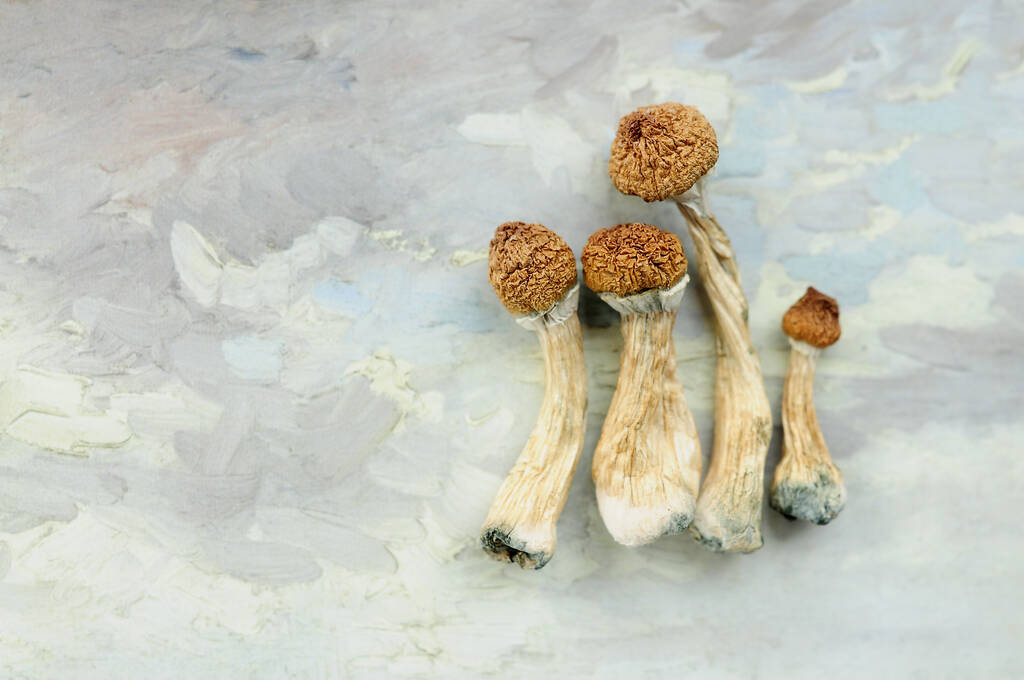A new study published in the journal Translational Psychiatry provide insights into how psilocybin, the active compound in “magic mushrooms”, could aid in the treatment of depression.

Dried psilocybin.
“Psilocybin has shown promise as a novel pharmacological intervention for treatment of depression, where post-acute effects of psilocybin treatment have been associated with increased positive mood and decreased pessimism”, states the study, conducted by researchers at Monash University in Melbourne, Australia, and the University of Tulsa in Arizona. “Although psilocybin is proving to be effective in clinical trials for treatment of psychiatric disorders, the information processing mechanisms affected by psilocybin are not well understood.”
For this study, researchers “fit active inference and reinforcement learning computational models to a novel two-armed bandit reversal learning task capable of capturing engagement behaviour in rats.” The model revealed that “after receiving psilocybin, rats achieve more rewards through increased task engagement, mediated by modification of forgetting rates and reduced loss aversion.”
According to researchers, “These findings suggest that psilocybin may afford an optimism bias that arises through altered belief updating, with translational potential for clinical populations characterised by lack of optimism.”
The study’s findings suggest that psilocybin may have translational potential for treating clinical populations suffering from a lack of optimism, particularly those with depression. By modifying the way the brain updates beliefs and processes negative outcomes, psilocybin could serve as an effective intervention for improving mood and reducing pessimism.
Further research is needed to explore how these findings in rats could apply to humans, but this study provides important clues to how psilocybin might function as a therapeutic tool for depression and other psychiatric disorders.






